-
 Bitcoin
Bitcoin $119000
-2.21% -
 Ethereum
Ethereum $4315
1.01% -
 XRP
XRP $3.151
-3.11% -
 Tether USDt
Tether USDt $0.0000
0.00% -
 BNB
BNB $808.5
-0.71% -
 Solana
Solana $175.8
-4.21% -
 USDC
USDC $0.9999
0.00% -
 Dogecoin
Dogecoin $0.2250
-3.92% -
 TRON
TRON $0.3469
1.77% -
 Cardano
Cardano $0.7818
-3.81% -
 Chainlink
Chainlink $21.47
-2.10% -
 Hyperliquid
Hyperliquid $43.30
-6.81% -
 Stellar
Stellar $0.4370
-2.84% -
 Sui
Sui $3.682
-4.40% -
 Bitcoin Cash
Bitcoin Cash $590.8
2.67% -
 Hedera
Hedera $0.2484
-5.20% -
 Ethena USDe
Ethena USDe $1.001
0.00% -
 Avalanche
Avalanche $23.10
-4.29% -
 Litecoin
Litecoin $119.2
-3.96% -
 Toncoin
Toncoin $3.409
0.90% -
 UNUS SED LEO
UNUS SED LEO $9.016
-1.29% -
 Shiba Inu
Shiba Inu $0.00001304
-3.82% -
 Uniswap
Uniswap $11.18
1.33% -
 Polkadot
Polkadot $3.913
-3.51% -
 Cronos
Cronos $0.1672
-3.08% -
 Dai
Dai $1.000
0.02% -
 Ethena
Ethena $0.7899
-4.70% -
 Bitget Token
Bitget Token $4.400
-1.23% -
 Pepe
Pepe $0.00001132
-5.93% -
 Monero
Monero $257.9
-6.44%
How does Coinbase's asset insurance work?
Coinbase uses a multi-layered security approach, combining robust custody solutions, undisclosed insurance policies, and advanced protocols, but complete protection against all risks isn't guaranteed; users should independently assess the inherent risks.
Mar 17, 2025 at 01:31 am
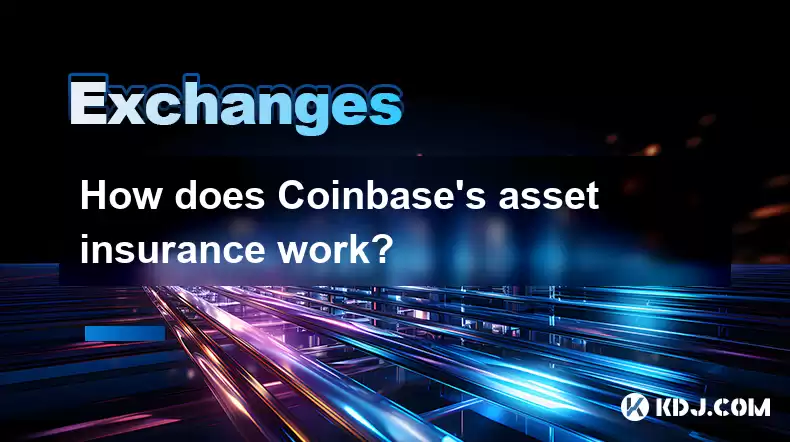
Key Points:
- Coinbase's asset insurance is not a single, blanket policy covering all user funds. Instead, it's a multi-layered approach combining custody solutions, security measures, and insurance policies.
- The specifics of Coinbase's insurance coverage are not publicly disclosed in detail, protecting proprietary information and preventing potential exploitation.
- Customer assets held in custody are protected through various measures, including cold storage, multi-signature wallets, and robust security protocols.
- While Coinbase maintains robust security, it's crucial to understand that no system is entirely invulnerable to sophisticated attacks.
- Users should independently research and understand the risks involved in holding cryptocurrencies on any exchange.
How Does Coinbase's Asset Insurance Work?
Coinbase, like other major cryptocurrency exchanges, faces the challenge of safeguarding billions of dollars worth of digital assets. Their approach to asset insurance is complex and multifaceted, rather than relying on a single, easily understood insurance policy. Understanding this complexity is key to understanding the limitations and strengths of their security model.
The first layer of protection lies in Coinbase's custody solutions. They employ various methods to secure user funds, including cold storage (offline wallets), multi-signature wallets requiring multiple approvals for transactions, and sophisticated security protocols designed to prevent unauthorized access. These measures aim to minimize the risk of direct theft or loss of assets. However, the exact details of their cold storage and multi-signature implementation remain undisclosed for security reasons.
Beyond physical security measures, Coinbase likely utilizes various insurance policies. These policies might cover specific types of risks, such as hacking incidents resulting in the loss of customer funds or operational failures leading to data breaches. The precise nature and extent of these insurance policies are not publicly available. Coinbase's reluctance to disclose detailed information about its insurance coverage is standard practice within the industry. Such transparency could potentially reveal vulnerabilities to malicious actors.
It's important to note that even with robust security measures and insurance, the risk of loss remains inherent in cryptocurrency custody. Sophisticated attacks, unforeseen vulnerabilities, or even regulatory changes could potentially impact the security of user funds. Coinbase's insurance policies are designed to mitigate some of these risks, but they cannot eliminate them entirely. The coverage offered might vary depending on the specific type of asset, the nature of the incident, and the terms of the underlying insurance policies.
The lack of complete transparency regarding the specifics of Coinbase's insurance is a common characteristic of the cryptocurrency industry. While this lack of detail may be frustrating for users, it's a necessary trade-off to maintain a strong security posture and prevent the disclosure of information that could be exploited. The focus should be on the overall security infrastructure implemented by Coinbase, rather than expecting a simple, readily understandable insurance policy.
Coinbase's commitment to security is evident in their continuous investments in advanced technologies and security protocols. They regularly update their systems and procedures to address emerging threats and vulnerabilities. However, this ongoing effort does not guarantee complete protection against all potential risks.
The responsibility for securing one's cryptocurrency holdings ultimately lies with the individual user. Diversification of holdings across multiple platforms, utilization of hardware wallets for long-term storage, and a thorough understanding of the inherent risks are all crucial aspects of responsible cryptocurrency management.
Common Questions:
Q: Does Coinbase fully insure all user assets?
A: No. Coinbase employs a multi-layered approach to security, including custody solutions and insurance policies, but no system can guarantee 100% protection against all potential risks. The extent of insurance coverage is not publicly disclosed.
Q: What types of events are covered by Coinbase's insurance?
A: The specific events covered by Coinbase's insurance are not publicly detailed. It is likely that the coverage is tailored to specific risks, such as hacking incidents or operational failures.
Q: If Coinbase is hacked, will I get my funds back?
A: While Coinbase maintains robust security, a successful large-scale hack is still a possibility. In such an event, the extent to which users would be compensated would depend on the specifics of the incident and the terms of Coinbase's insurance policies, which are not publicly known.
Q: Where can I find the details of Coinbase's insurance policy?
A: Coinbase does not publicly disclose the detailed terms of its insurance policies for security reasons. The information is considered proprietary and releasing it could compromise the security of the platform.
Q: Is Coinbase's security better than other exchanges?
A: Comparing the security of different cryptocurrency exchanges is difficult due to the lack of transparency regarding their specific security measures and insurance policies. Users should independently research and assess the security practices of each exchange before entrusting them with their funds.
Q: What should I do to minimize my risk on Coinbase?
A: While you can't eliminate all risk, you can minimize it by using strong, unique passwords, enabling two-factor authentication, and regularly reviewing your account activity for any suspicious transactions. Also, consider diversifying your holdings across multiple platforms and using hardware wallets for long-term storage.
Disclaimer:info@kdj.com
The information provided is not trading advice. kdj.com does not assume any responsibility for any investments made based on the information provided in this article. Cryptocurrencies are highly volatile and it is highly recommended that you invest with caution after thorough research!
If you believe that the content used on this website infringes your copyright, please contact us immediately (info@kdj.com) and we will delete it promptly.
- Arc Blockchain: Circle's Layer-1 Play Amidst $428 Million Loss
- 2025-08-12 20:30:13
- XRP Price: Riding the Bull Cycle Wave or Hitting a Wall?
- 2025-08-12 20:50:12
- Cloud Mining in 2025: Chasing Passive Income and High Returns
- 2025-08-12 20:30:13
- XRP Price Forecast: Can XRP Hit $8, $12.60, or Even $100? Surge Drivers Analyzed
- 2025-08-12 21:10:13
- SUI Analyst Predicts Potential 7x Setup: Don't Ignore This Crypto!
- 2025-08-12 21:50:12
- Solana Price, Meme Coins, and 100x Gains: What's the Hype?
- 2025-08-12 20:50:12
Related knowledge
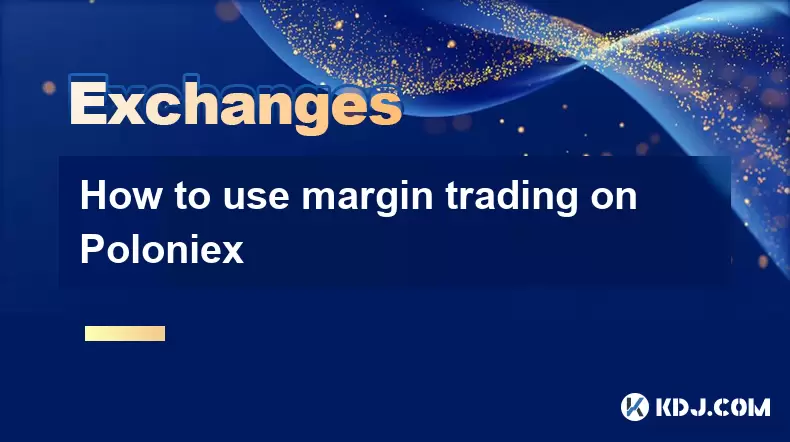
How to use margin trading on Poloniex
Aug 08,2025 at 09:50am
Understanding Margin Trading on Poloniex
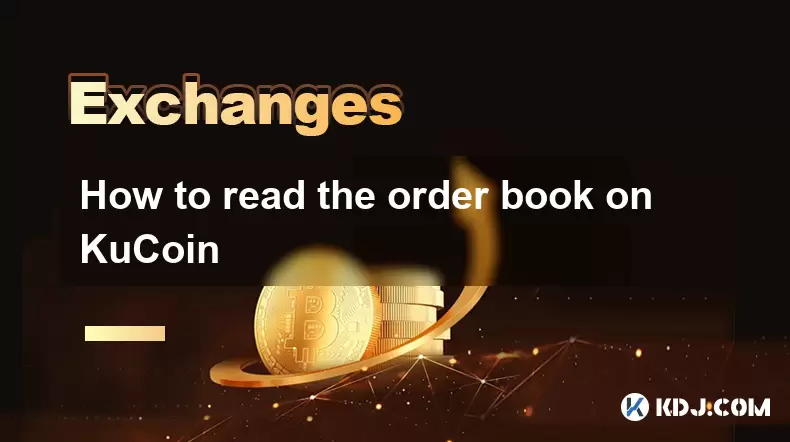
How to read the order book on KuCoin
Aug 10,2025 at 03:21pm
Understanding the Order Book Interface on KuCoinWhen accessing the order book on KuCoin, users are presented with a real-time display of buy and sell ...
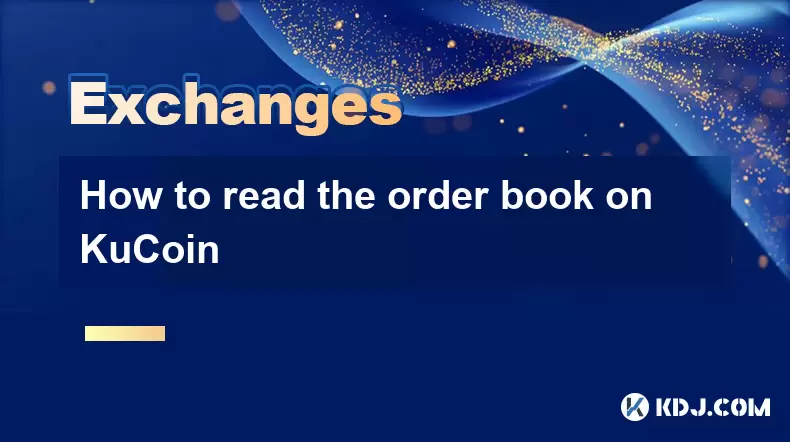
How to read the order book on KuCoin
Aug 12,2025 at 02:28am
Understanding the Basics of Staking in CryptocurrencyStaking is a fundamental concept in the world of blockchain and cryptocurrencies, particularly wi...
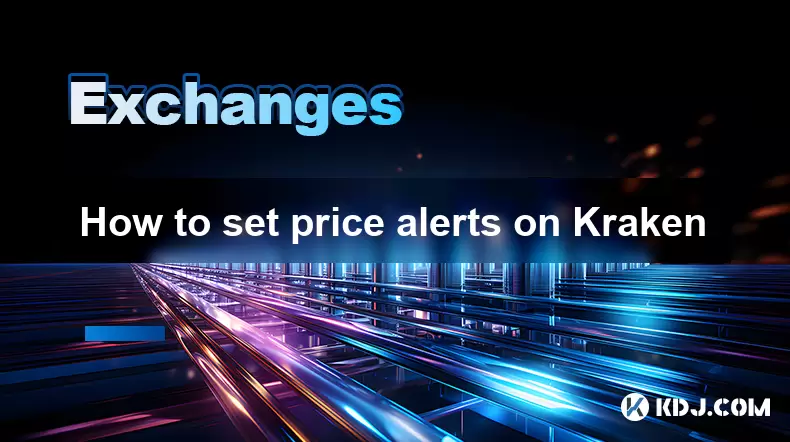
How to set price alerts on Kraken
Aug 11,2025 at 08:49pm
Understanding Price Alerts on KrakenPrice alerts on Kraken are tools that allow traders to monitor specific cryptocurrency pairs for price movements. ...
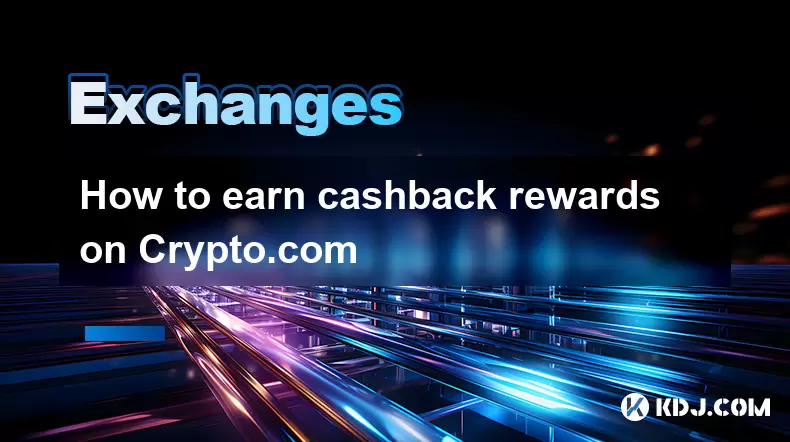
How to earn cashback rewards on Crypto.com
Aug 12,2025 at 02:08am
Understanding Cashback Rewards on Crypto.comCashback rewards on Crypto.com are a feature designed to incentivize users to spend using their Crypto.com...
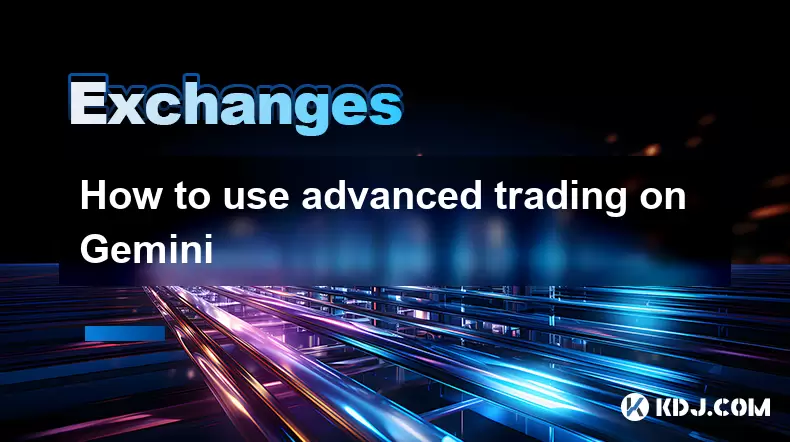
How to use advanced trading on Gemini
Aug 08,2025 at 04:07am
Understanding Advanced Trading on GeminiAdvanced trading on Gemini refers to a suite of tools and order types designed for experienced traders who wan...

How to use margin trading on Poloniex
Aug 08,2025 at 09:50am
Understanding Margin Trading on Poloniex

How to read the order book on KuCoin
Aug 10,2025 at 03:21pm
Understanding the Order Book Interface on KuCoinWhen accessing the order book on KuCoin, users are presented with a real-time display of buy and sell ...

How to read the order book on KuCoin
Aug 12,2025 at 02:28am
Understanding the Basics of Staking in CryptocurrencyStaking is a fundamental concept in the world of blockchain and cryptocurrencies, particularly wi...

How to set price alerts on Kraken
Aug 11,2025 at 08:49pm
Understanding Price Alerts on KrakenPrice alerts on Kraken are tools that allow traders to monitor specific cryptocurrency pairs for price movements. ...

How to earn cashback rewards on Crypto.com
Aug 12,2025 at 02:08am
Understanding Cashback Rewards on Crypto.comCashback rewards on Crypto.com are a feature designed to incentivize users to spend using their Crypto.com...

How to use advanced trading on Gemini
Aug 08,2025 at 04:07am
Understanding Advanced Trading on GeminiAdvanced trading on Gemini refers to a suite of tools and order types designed for experienced traders who wan...
See all articles

























































































